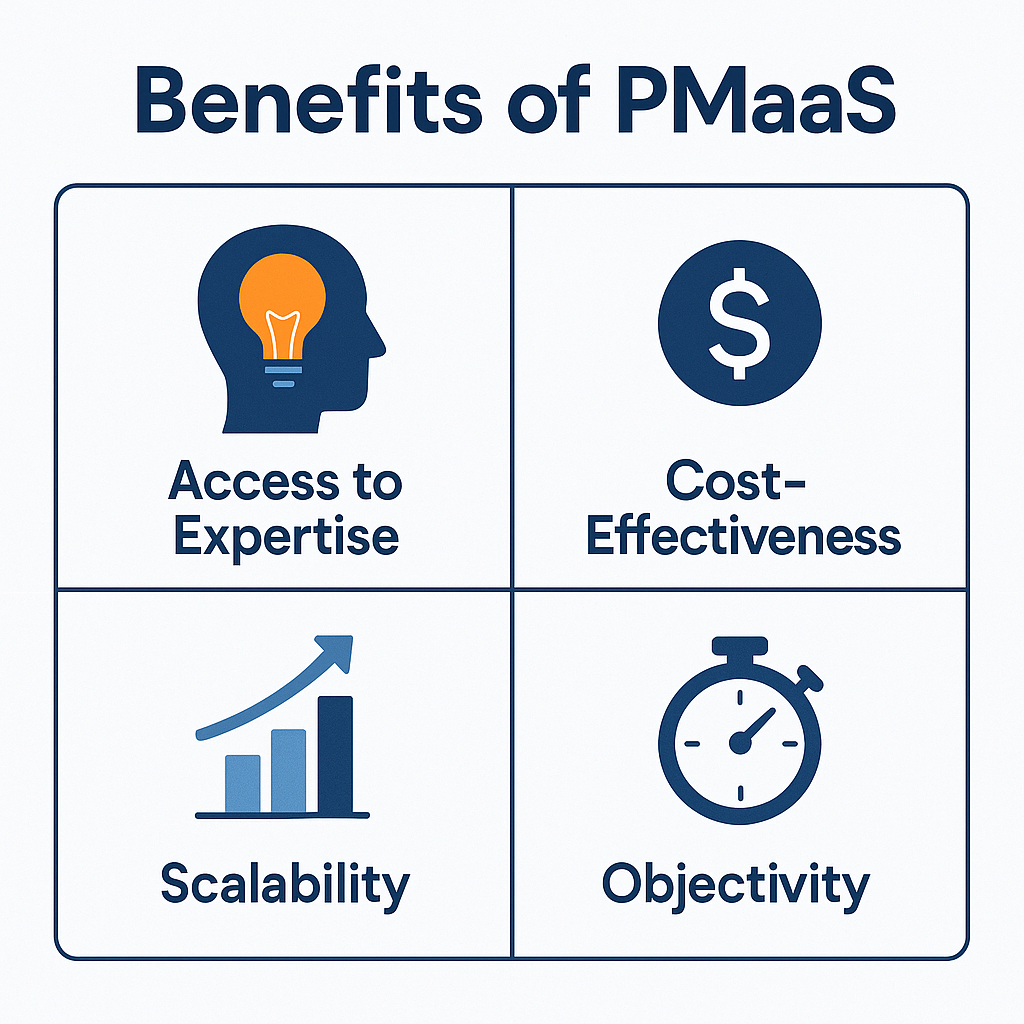Product Management as a Service: A Modern Solution for Scalable Innovation
In the ever-evolving world of technology and business, companies are increasingly looking for flexible, efficient ways to build, scale, and optimize digital products. One emerging model gaining traction is Product Management as a Service (PMaaS) — a strategic approach that allows organizations to tap into experienced product leadership without hiring full-time staff.
What is Product Management as a Service?
PMaaS is an outsourced or on-demand product management model where businesses engage external experts or agencies to handle product strategy, development oversight, roadmap planning, and cross-functional coordination. Instead of relying solely on in-house talent, PMaaS provides access to product managers or full product teams as a service — scalable, flexible, and cost-efficient.
Why PMaaS?

1. Access to Expertise
Companies, especially startups and SMBs, may not have access to senior product managers with deep domain knowledge. PMaaS brings in seasoned professionals who have led products across industries and can drive results from day one.
2. Scalability
Whether you're launching a new product, entering a new market, or simply scaling operations, PMaaS allows you to expand your product team without the burden of long hiring cycles or overhead.
3. Cost-Effectiveness
Hiring full-time PMs (especially senior ones) is expensive. PMaaS offers a flexible engagement model — monthly retainers, project-based, or even part-time support — making it a cost-effective alternative.
4. Speed to Market
With ready-to-go talent, businesses can accelerate discovery, prototyping, and development phases — ultimately reducing time-to-market for new features and products.
5. Objectivity and Fresh Perspective
External product leaders can provide unbiased insights and challenge internal assumptions. This objectivity is especially valuable when navigating pivots, product-market fit assessments, or strategy shifts.
What PMaaS Typically Includes
- Product Discovery: Customer research, market validation, and identifying opportunities.
- Roadmap Development: Building strategic plans that align product features with business goals.
- Agile Execution: Sprint planning, backlog management, and team coordination.
- Stakeholder Communication: Acting as the bridge between business, design, and development.
- Metrics & Feedback Loops: Defining KPIs and setting up systems for continuous feedback and improvement.
Who is It For?
- Startups without internal product leadership.
- Scaleups that need to accelerate product delivery or enter new verticals.
- Enterprises experimenting with innovation labs or digital transformation.
- Investors looking to provide hands-on support to their portfolio companies.
PMaaS is Not Just Freelance PMs
While hiring freelance PMs is one form of PMaaS, the model can also be delivered by specialized agencies or platforms offering structured services, tools, and frameworks. These firms often bring a multidisciplinary approach, integrating UX design, data, and development expertise alongside product leadership.
The Future of Product Management is Flexible
In the same way companies have embraced "as-a-service" models for software, infrastructure, and talent, PMaaS offers a modern way to access high-quality product strategy and execution on demand. As businesses demand more agility and innovation, the ability to plug in expert product capabilities—without long-term commitments—could be a game-changer.


